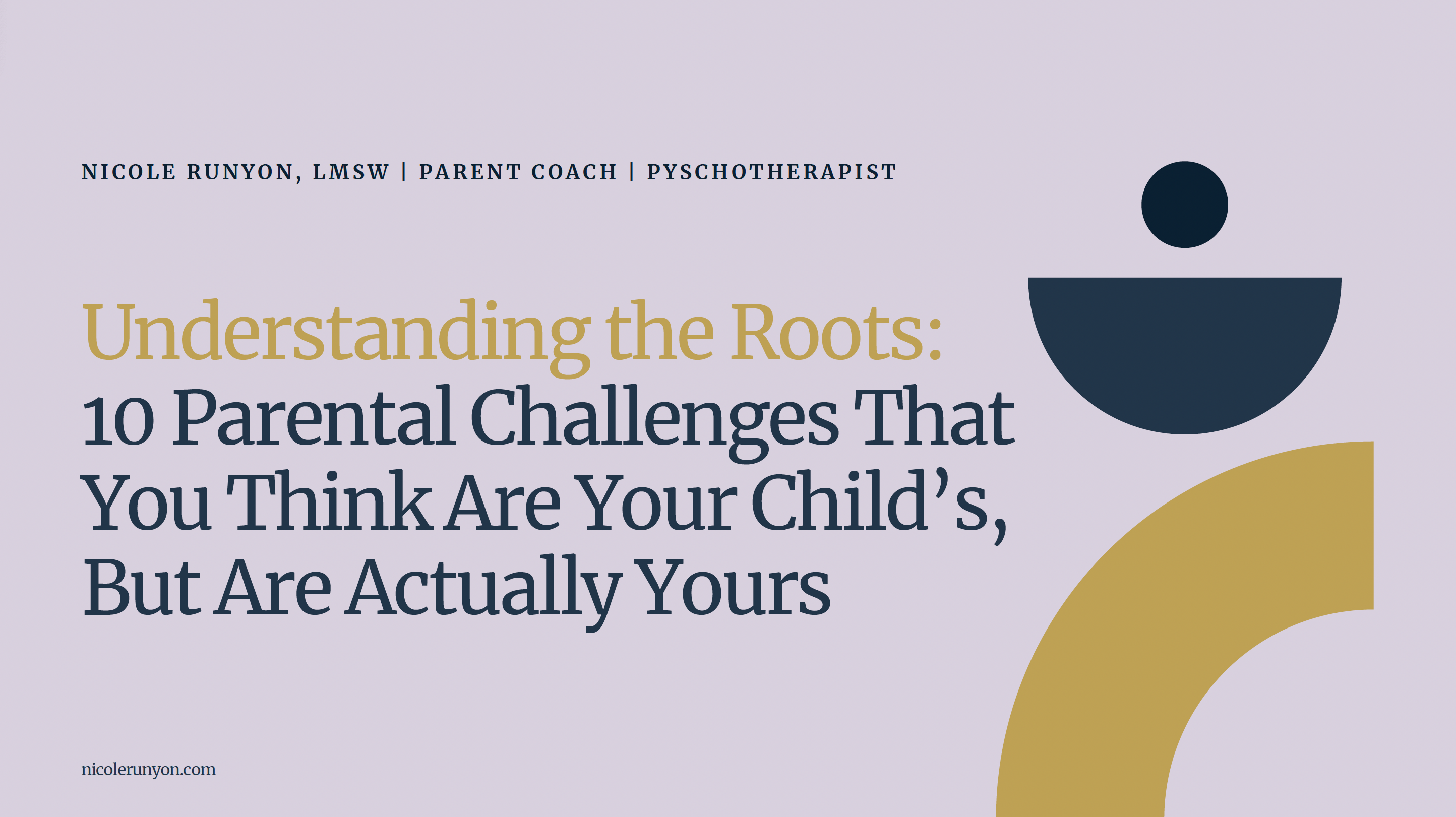What is the most effective approach to address negative behavior in children? Is it through rewards, punishments, talking, or even raising one’s voice? As parents, we’ve experimented with all these methods, yet we often find ourselves struggling to see the positive changes we desire in our children. We want to establish a genuine and open dialogue with our kids and ensure they feel heard and we are heard. In a world saturated with parenting advice and tips, the path forward can seem perplexing. What works for some children may not work for all, making it essential to simplify our approach. The key lies in fostering a strong connection—first with ourselves and then with our children. Is it simple? Yes. Is it challenging to implement? Absolutely.
How does connection work?
To begin, parents must establish a connection with themselves. This entails regularly assessing our emotions, addressing our needs, and practicing self-care. Many parents believe that prioritizing their children’s needs above their own is a constant necessity. While this may be true in certain situations, such as during early childhood and infancy or in emergencies, it isn’t always the case. Parents should maintain boundaries and recognize when their children’s needs can wait. It’s crucial to discern between urgent and non-urgent needs when it comes to our children.
Attunement
Once we’ve connected with ourselves, we can better attune to our child’s needs. By understanding our own emotions, we can tap into theirs. Children express their inner feelings through their behavior. While we may label it as anxiety, ADHD, oppositional defiant disorder, or the like, there’s always an underlying cause. Parental attunement often uncovers this cause before any so-called “experts” can. As parents, you know your children better than anyone else. You can sense when something isn’t quite right.
Children, too, possess profound self-awareness. In my practice, I’ve witnessed children identifying the root cause of their behavior before I or their parents could. Simply allowing them the space to explore their feelings in a safe environment empowers them to discover these reasons. I’ve gained invaluable insights from children who can articulate and explain why they act out behaviorally.
Negative behaviors can manifest as tantrums, aggression towards parents or siblings, withdrawal from family, separation anxiety, attention and focus issues, declining academic performance, changes in sleep patterns—each of these behaviors has a root cause.
What can parents do?
If parents seek to address their child’s negative behavior, they must first examine their own connection. Are they truly connecting with themselves? Is the family relying excessively on screen time to avoid dealing with their own emotions? If so, this avoidance will inevitably extend to each family member avoiding one another’s emotions. Children, like canaries in a coal mine, are sensitive to their environment and will react accordingly. It’s imperative to pay attention to what their behavior is attempting to communicate. And then, we must listen attentively. There are profound lessons to be learned in this process.


